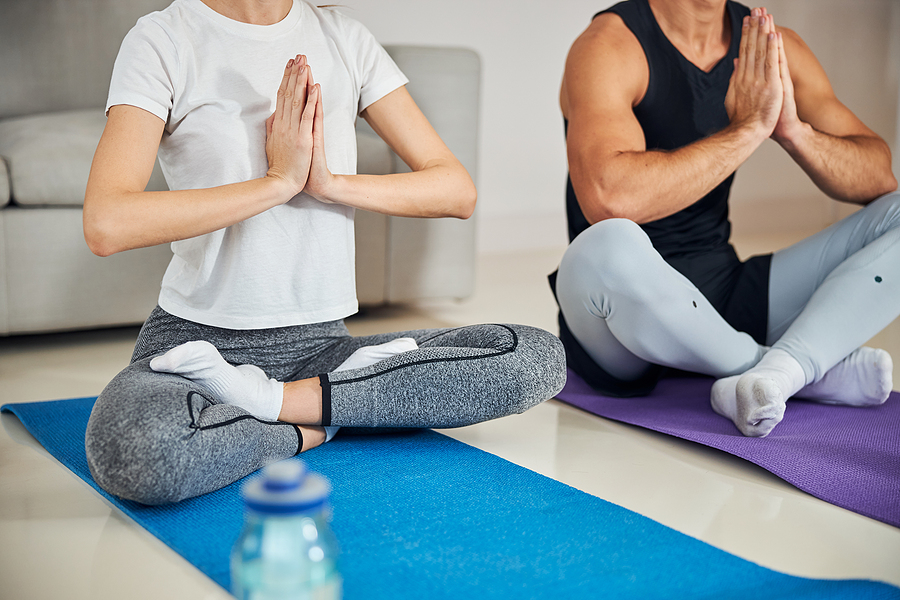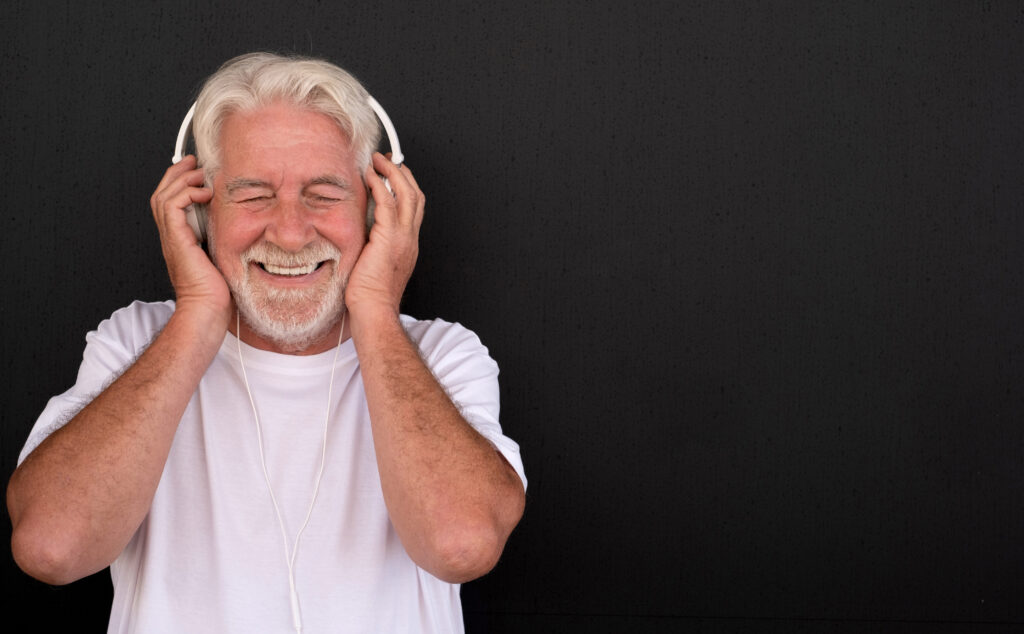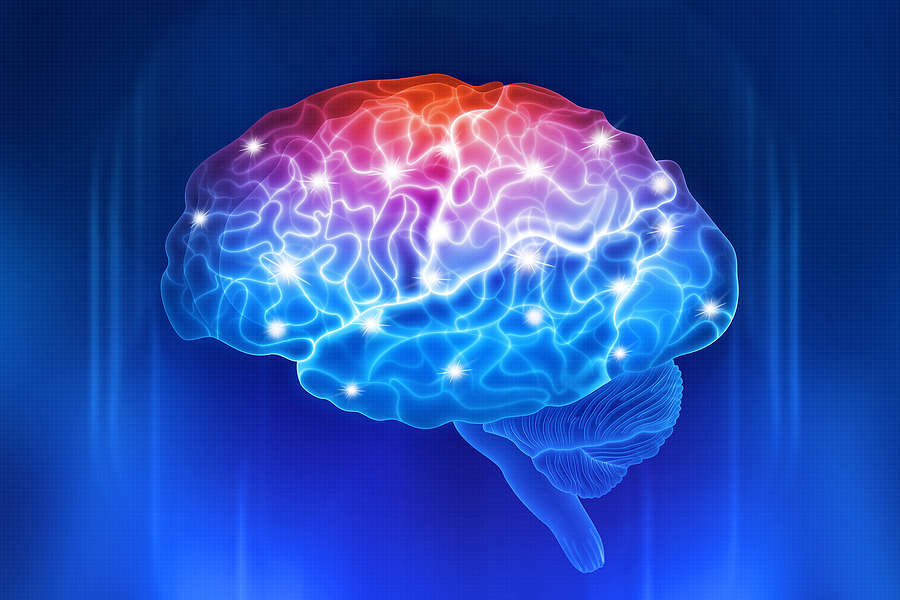Everyone’s talking about brain health, as well as they should. We are coming through a long period of seemingly unending and unprecedented stressful events. Vision loss and aging can also add to the drag on our cognition. But that doesn’t mean we have to give in to these adverse effects. In fact, taking steps to keep the brain healthy, delivers immediate positive results to our sense of well-being. Continued learning is the key to good mental acuity. It doesn’t require a PhD; just make time in every day to learn something new or practice what you’ve learned. Here are some viable paths to a sharper brain. Do it your way!

Learn with Hadley
HadleyHelps.org is number one on this list because, for people with vision loss, there is simply no better place to learn. The mini courses are all online and they’re also free of charge. Log on and they ask, “What would you like to learn today?” Choose from a great depth of choice in each category including: Daily Living, Adjusting to Vision Loss, Technology, Working, Recreation, and Braille. Meet Hadley 2.0 Your Personal Tutor

Yoga and Audio Described Exercise
There is a direct connection between fitness and brain health. Shaking up your regular routine, or learning some new moves, is always good for mind and body. We’re loving these audio-described fitness and Accessible Workouts.

Join Choice Magazine Listening
This, the original audio magazine, will definitely light up your brain. Created for people with vision loss, the quarterly curated collection is a representation of high quality writing from the best magazine publications. So much to learn and enjoy, you’ll look forward to every release. Subscribe through NLS. New for Fall from CML the Talking Magazine

in audiobook
Do Deep Reading
Get immersed in an epic story, fiction or nonfiction, read with your eyes or your ears. Listening to an audiobook is every bit as satisfying as a visual read. They are also equally good for brain health and are easy to read while on the move. Get Back the Joy and Enjoy a Great Audiobook

Appreciate Music
Research shows music has the ability to enhance brain health, as well as mental and physical well-being. Learning a new tune on a musical instrument, a new song to sing on repeat, or even enjoying music in the background, of your day, is good for the brain. An AARP study shows, both casual and focused listeners report less depression and anxiety. Those attending live musical events and concerts may derive even higher benefits. Practicing an instrument, or singing in a choir, also is connected to higher rates of happiness and cognitive function. It is never too late to boost your daily dose of music and reap the healthy results.







